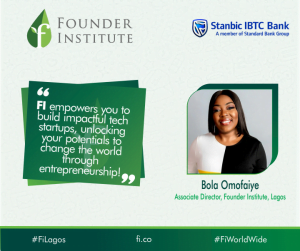53.6 million tonnes. That’s the amount of electronic waste produced across the globe. Out of this figure, only 2.9 million tonnes were produced on the African continent according to the World Health Organization.
E-waste includes heavy metals and other toxic substances such as lead, arsenic, and mercury.
Aside from the e-waste Africa generates by itself, millions of tonnes are illegally shipped into Nigeria and other African countries from Europe and America every year. In the light of this, the WHO published a report entitled ‘Children and e-waste dumps‘.
The WHO warned that the consequences of this barbaric act, particularly on children, range from premature births and stillbirths to increased rates of attention-deficit/hyperactivity disorder (ADHD), behavioral problems, changes in child mood, sensory integration difficulties, and lower cognitive and language scores.
In addition, children are also exposed to DNA damage, impaired lung function, respiratory effects, impaired thyroid function, and increased possibility of chronic illnesses like cancers and cardiovascular diseases later in adulthood.
Given the urgency of the situation, the commitment of all actors in the waste chain is necessary, according to the WHO. One of the solutions recommended by the Geneva-based organization is recycling.
“Children and adolescents have the right to grow and learn in a healthy environment, and exposure to waste electrical and electronic equipment and its many toxic components undoubtedly has an impact on this right,” said Maria Neira, director of WHO’s Department of Environment, Climate Change and Health.
In Africa, Egypt is one of the few countries forging ahead in the recovery of e-waste. In Cairo alone, there are four companies that recycle e-waste one of which is Recyclobekia.
Other nations like Nigeria, Zambia, Cameroon, and Ghana are coming up with similar initiatives.
Ghana, for instance, has launched a project that will improve environmentally friendly recycling and disposal of waste electrical and electronic equipment.
This is in line with the recommendation made by the WHO, that setting up e-waste recycling systems will also help reduce CO2 emissions into the environment.
In its first phase of implementation, the project will see to the construction of a center dedicated to the purchase of e-waste from informal collectors or private individuals, as well as sorting.

































